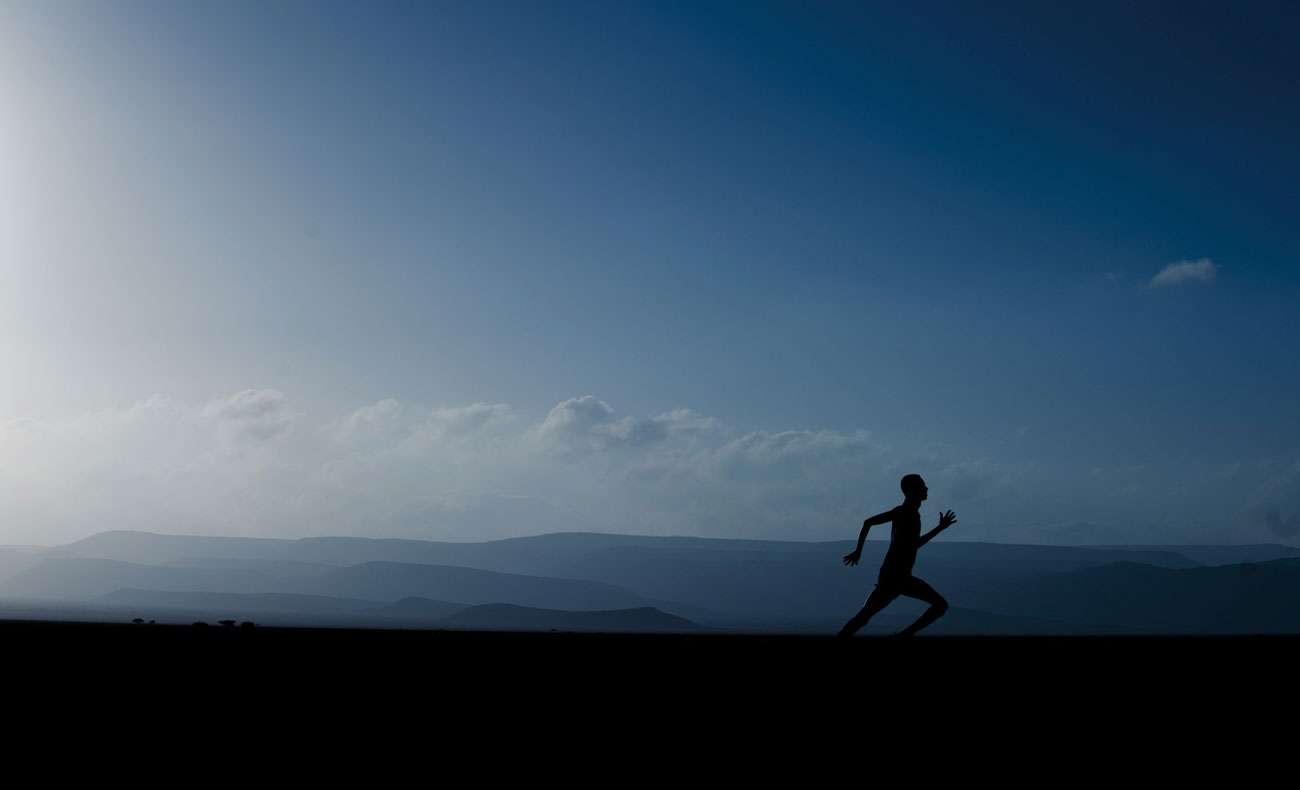
Have you booked your own MOT*?
On April 12th, the government proceeded with stage 2 of lifting of restrictions in England.
There’s a bright light ahead and perhaps for once, we yearn to step into it. Though, cautiously we must tread, for the road ahead is uncertain. How best to prepare for the road map ahead? Why, your new and improved *Mortal Ordinance Test, of course! Your car can wait . . .
First up are your lamps, reflectors and electrical equipment. Our brain and spine are pivotal to signalling bodily processes and movement. In turn, these electric messages help us to live, communicate and engage effectively with others. Common symptoms might include brain fog, poor balance and suboptimal digestion. I would indicate a trip to the Health Lounge to see Dr Carter, who will work diligently to return the spark to your life.
Next, a fundamental check on seat belts. These implements (a legal requirement since 1983) provide us with much needed safety, and a sense of security, which as a concept is vital to humans being able to use higher brain functions. According to Maslow, our physiological needs include air, water, food and shelter, in order that we then begin to focus on our safety needs. Put another way, the inner parts of the brain – often referred to the monkey and lizard brains – will take control if we feel threatened in our environment. If we want people to behave like civilised humans and make thoughtful, selfless choices, we need to make them feel safe; not feed them with fear (hint: watch/read a little less of the news). Do reach out to the citizens advice and the Cranleigh Parish Council for advice and guidance if you have concerns about basic welfare of yourself or others.
Now secure, the quality of emissions and exhaust can tell us a lot about how well we are utilising fuel. From time to time, we may require treatments and change, in the form of a food supplement or medication. On the whole, broad nutritional science recommends meal plates made up of one half above ground vegetables (with some fruit), one quarter protein and one quarter healthy fats, coupled with 6-8 glasses of water per day. This input supports both our health and that of our gut microbiome. There are many local groups and practitioners who support positive dietary changes. A big part of the change is your consistency, but also support from those around you. Angie Jenkins and her team at The Natural Life Shop are great listeners and provide thoughtful advice on food and supplementation.
It’s also important that we check the body and structure. With respect of our body, it’s important that we use it or lose it (especially true of muscle from age of roughly 30 onwards). This means up to 150 minutes moderate intensity activity per week, as well as strength training at least two days per week. This will help us to remain functional, strong and flexible. Any modifications will have implications on usage, and from time to time we’ll need to account for repairs. In preparation for my first Virtual London Marathon in October, I’ll be utilising Lucy Bushnell (i.e. Sunfit Cranleigh) for sports massages and pearls of wisdom.

The beauty of keeping active
Following on from this is a check on your brakes. Moving at speed is necessary from time to time, though doing it too often to an excessive extent comes with consequences, and sometimes not just for you. After all, what’s the hurry in Surrey? It’s far more effective to listen to your body, live economically and relax often to ensure we don’t experience burnout. What we each do to relax is personal to our circumstances, but the consensus would be to be still and/or focus; either through mindfulness or meditation, a walk in nature or other health-creating activity. Personally, I love to read books or compose music, but you might benefit from massage from Tasha Clisby at Idyllic Spa, or similar.
With these checks complete, we need to check your steering and suspension. What drives all of us, is our sense of purpose and belonging. Most are fortunate to experience this through interactions with our family, or through purposeful contributions at work or in the community. We will experience bumps in the road, which could be remedied by talking to others and getting good quality sleep. In the event of potholes, you may require professional help. If you’re not able to access NHS IESO online talking therapies, perhaps consider an appointment with a local mindset practitioner like Amanda of Calmer Thoughts, who will support you to move forwards with your road trip.
It’s normal to feel tyred at night. It offers our body the fourth aspect of the MOT – a metaphorical replacement – in order that we feel refreshed and ready for future journeys. We should aim for 7 to 8 hours of sleep each night, supported by at least 30 minutes of morning light and a time-restricted, 12-hour window of eating to support and align with our circadian rhythm. We need both deep (NREM) and dream (REM) sleep for physical and mental health respectively. I plan to release an affordable, online sleep course in the near future. After all, a good night’s sleep is a night wheel spent.
Our view of the road ahead must be unobscured, if we’re to navigate it safely, in health. The correct type of lighting and instruments must be used effectively according to weather conditions, in order that we can see and be seen. So to then, must we take account of our unique situations, without overwhelming ourselves, in order that we can make positive, risk-benefit decisions for ourselves and others. Listen intently, be both critical and adaptive to change and most importantly, engage positively with others in your community.
As we move forwards on this road into the so-called new normal, we do it with increased awareness, thanks to a once-in-a-lifetime experience. We’ve learnt a lot about ourselves and those with whom we live. This largely has been for the better, though unfortunately for some has not been particularly positive. Either way, it’s never been more important to address our collective health for the good of ourselves, family, friends and the wider community. The next milestone on 17th May sees introduction of indoor public settings, increased limits on outdoor gatherings and international travel. Before we progress, let’s take stock of where we’ve been. I’ve booked my MOT* – have you?
Arran is a music educator, who established Surrey Health Collective in 2019 with local health practitioners, as a non-profit group that brings the community together to learn about and share our experiences in health creation. Search for us on social media using: @surreyhealthcollective or visit our website: www.surreyhealthcollective.org






